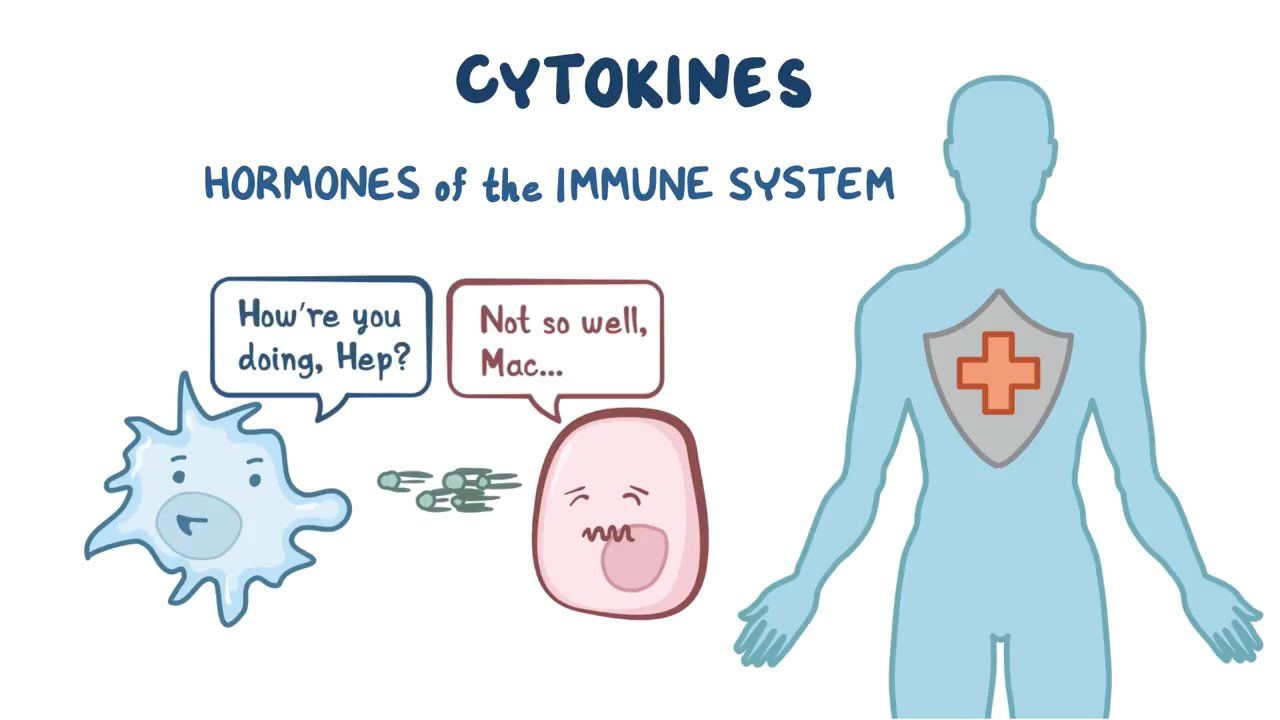- Empty cart.
- Continue Shopping
The Role of Cytokines in Immune Response

Cytokines are a diverse group of small proteins that play a critical role in cell signaling, particularly within the immune system. These molecules act as messengers, coordinating various cellular activities that are essential for mounting an effective immune response. Understanding the role of cytokines in immune function is crucial for both basic biology and medical science, as they are involved in various health conditions, from infections to autoimmune diseases and cancer.
Types of Cytokines
Interleukins
Interleukins are primarily involved in communication between white blood cells. They can either promote or inhibit inflammation and are often crucial in adaptive immune responses.
Interferons
Interferons are known for their antiviral properties. They interfere with viral replication and also activate immune cells like macrophages and natural killer cells.
Tumor Necrosis Factors (TNF)
TNF cytokines are involved in systemic inflammation and play a role in the acute phase reaction, which is the body’s immediate response to infection or injury.
Growth Factors
These cytokines stimulate cell growth and differentiation, playing a role in tissue repair and regeneration.
Functions of Cytokines in Immune Response
Activation of Immune Cells
Cytokines can stimulate the activation of various immune cells, including T cells, B cells, and macrophages, enhancing their ability to fight off pathogens.
Regulation of Inflammation
Cytokines like TNF and interleukins can either promote or inhibit inflammation, helping to control the body’s response to infection or injury.
Cell Recruitment
Cytokines help recruit immune cells to the site of infection or injury, ensuring a concentrated and effective immune response.
Immune Modulation
Cytokines can modulate the immune response by promoting or inhibiting the activity of other cytokines, creating a complex network of interactions.
Clinical Implications
Autoimmune Diseases
Overproduction of certain cytokines can lead to autoimmune diseases like rheumatoid arthritis and lupus, where the immune system mistakenly attacks healthy tissues.
Infections
In bacterial and viral infections, cytokines are essential for activating the immune response and clearing the pathogen. However, excessive cytokine release, known as a “cytokine storm,” can be harmful.
Cancer
Cytokines are being studied for their role in cancer progression and treatment. Some cytokines promote tumor growth, while others inhibit it, making them potential targets for therapy.
Conclusion
Cytokines play a multifaceted role in the immune response, from activating immune cells and regulating inflammation to recruiting cells to the site of infection. Understanding the complex network of cytokines is crucial for developing targeted therapies for a range of diseases, including autoimmune conditions, infections, and cancer. As research in this area continues to evolve, cytokines remain a critical focus for both understanding the intricacies of the immune system and developing new medical treatments.








